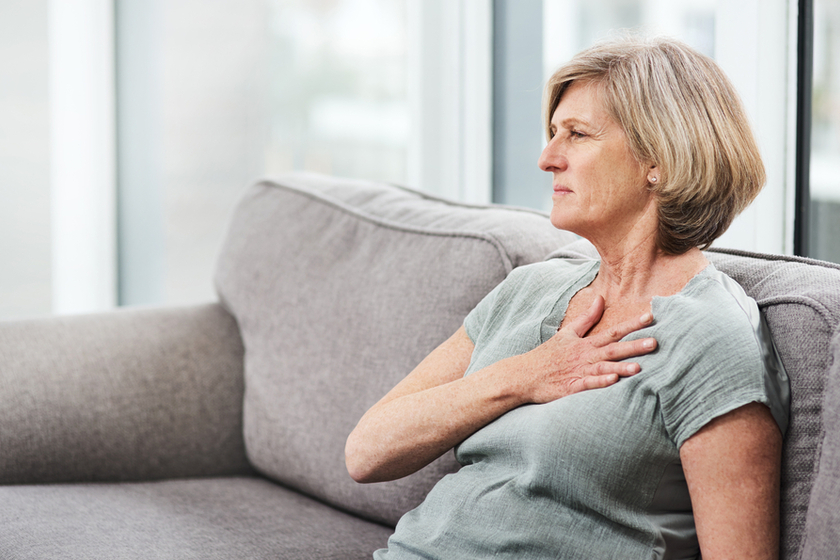For caregivers and family members, witnessing a heart attack in elderly loved one is both alarming and transformative. The concern for their recovery and overall well-being is paramount, prompting the search for both compassionate and effective ways to support them in their journey to thrive after such a critical event. Here, we explore practical strategies that can make a significant difference.
Understanding the Recovery Process
The first step in helping your elderly loved one is to understand the recovery process after a heart attack. Recovery can vary greatly from person to person and may involve managing physical symptoms, adjusting medications, and implementing lifestyle changes. It’s essential to work closely with healthcare professionals to develop a personalized care plan that addresses your loved one’s specific needs.
Encouraging a Heart-Healthy Lifestyle
One of the most important aspects of recovery is adopting a heart-healthy lifestyle. This includes:
- Diet: Encourage a balanced diet rich in fruits, vegetables, whole grains, lean proteins, and healthy fats. Limiting sodium, saturated fats, and added sugars can help manage blood pressure and cholesterol levels.
- Exercise: With the guidance of a healthcare provider, help your loved one gradually incorporate physical activity into their routine. Activities like walking, swimming, or light stretching can improve heart health and overall well-being.
- Smoking: If your loved one smokes, encourage them to quit. Smoking is a major risk factor for heart disease, and quitting can significantly reduce the risk of another heart attack.
Managing Medications and Medical Appointments
Post-heart attack, your loved one may be prescribed various medications to manage their heart health. Ensure they understand their medication regimen and the importance of adherence. Assist with organizing medications and setting reminders if needed.
Regular medical appointments are crucial for monitoring recovery and adjusting treatment plans as necessary. Help your loved one keep track of their appointments and accompany them if possible.
Providing Emotional Support
Recovering from a heart attack can be emotionally challenging. Your loved one may experience feelings of fear, anxiety, or depression. Provide a listening ear and reassure them that these feelings are normal. Encourage them to express their emotions and seek professional support if needed.
Fostering Independence and Confidence
While it’s important to offer support, it’s equally important to foster your loved one’s independence and confidence in their ability to manage their health. Encourage them to take an active role in their recovery and decision-making process.
Creating a Safe and Comfortable Home Environment
Ensure that your loved one’s living environment is safe and conducive to their recovery. This may involve making modifications to prevent falls, such as installing grab bars in the bathroom or ensuring adequate lighting.
Staying Informed and Advocating for Your Loved One
Stay informed about heart health and the latest advancements in heart attack recovery. This knowledge will enable you to advocate effectively for your loved one’s care and ensure they receive the best possible treatment.
Supporting an elderly loved one after a heart attack is a testament to the power of compassion, understanding, and proactive caregiving. Embracing a heart-healthy lifestyle, ensuring adherence to medical advice, providing emotional support, and encouraging independence are key to helping them overcome challenges with resilience and hope.
Your unwavering support is pivotal in their recovery journey, enabling them to lead a vibrant and fulfilling life post-heart attack. At Discovery Village Vero Beach, we understand the importance of this support system. We are dedicated to extending this care, offering tailored wellness programs, and fostering an environment that emphasizes health, happiness, and community. By choosing us, you’re not just finding a home for your loved one; you’re partnering with a community that values their recovery and well-being as much as you do.







